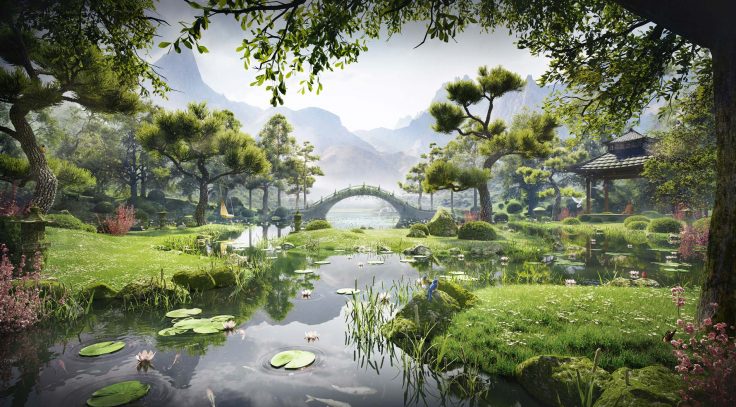Savor the Season: It’s not too late
It is about half way through summer in the Northeast US as we are about to turn the calendar page to August. How did that happen? And where did the time go? For many of us, the excitement about the upcoming summer and the things we resolved to do (or not do) seem to have have melted in the summer heat and humidity.
You know that list — take some time off, go to the beach (lake, mountains), read a good book, get together more with friends and family, have more BBQs or just in general kick back on some nice summer nights. And here we find ourselves looking at August with the feeling of being a bit defeated that we have not really put into action some items on that list, and may even say to ourselves “next summer will be different,” and “I like the fall better anyway.”
Some of that excitement about summer comes from when we where kids and school let out for the summer—and we stood in front of about 10 weeks of no school commitments and a nice lazy summer. Some of our expectation on summer are also fueled by the fact that it is the popular time to take work vacations and/or it was when you went away with your family and friends when you were young.
With this, we have this built-in mind-set that we have to do something fun and go away in the summer—plus we do look forward to longer sunny days and all the typical traditions (and feelings) of summer. Regardless, we—like we do on 31 December when we make New Year’s Resolutions—set our thoughts, ideas and plans for what we will do or how we will modify our behaviors or routines over the summer. 
Then it happens. We really don’t do what we set out to do or we don’t follow through on our intentions. We get bogged down in work or extra-curricular activities. We get side-tracked or distracted. We let some noise in and may even make up excuses. Maybe our expectations are set too high. We have some over-inflated series of fond memories of special summers and we are trying to recreate them.
But it is OK. We can start right now. We can do a reset and take some small steps to work in the things we had envisioned for our summers. It is never too late and we can still savor the season. You can make time and space—even if in small batches or sprints.
Maybe as kids we had the innate thrill of the uncommon or new that the summer gave us and as we got older that thrill somehow faded as we tied ourselves up in “grown up life.” But we can work to remind ourselves of that thrill of the uncommon by simply changing up a few things. Think about that feeling and do a few things that gets you in the mindset.
This can be as simple as eating dinner outside on your patio vs standing over the kitchen sink, stop for a cold sweet treat, find a place to sit even for a few minutes in the summer sun (or shade) or take that vacation day and not use it to clean your house. Go out to the park, the beach, the lake, the county fair, etc. And while I’m at it, these little treats of the uncommon don’t have to be reserved for the summer or have to be so uncommon. We all can work it a little “summer vacation” into our daily lives!






